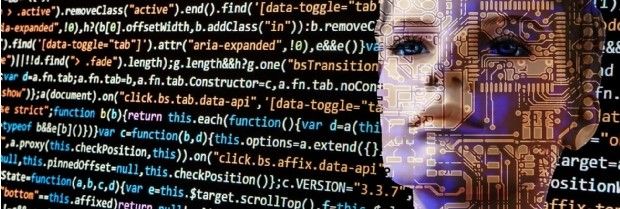
Artificial Intelligence in Education: Addressing the tensions between innovation and privacy through guidance
Published
Thursday, 13 August
Author
Julia Garvey
Categories
Blog
August
Share
The Information Commissioners Office (ICO) has just released guidance which is important to all those developing and promoting products powered by artificial intelligence (AI).
This content is restricted to BESA members
LoginNot yet a member?
Become a part of the BESA community and unlock exclusive business advantages, including:
- Trusted provider status to enhance your industry credibility
- Exclusive discounts on major exhibitions and events
- Access to vital sector insights with resources like the BESA Barometer and Compass reports
- Networking opportunities with industry leaders
- Exclusive business benefits designed to help your organisation thrive
Join now and take advantage of BESA's membership benefits to stay ahead in the industry.
Become a member